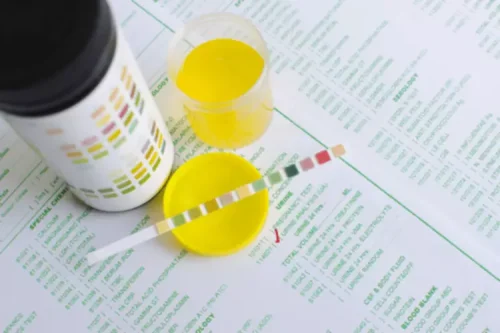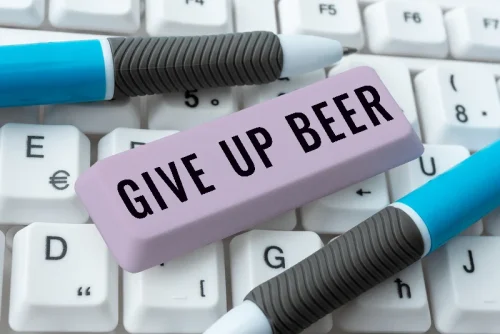
Finding purpose and meaning after struggling with a substance use disorder is a journey. But with a strong support system, a positive outlook, and a willingness to explore new possibilities, you can find a fulfilling life in recovery. And as RCA observes the Rebuild Your Life Month, it’s important to remember that rebuilding your life after addiction is not a one-time event but a continual process of growth and self-discovery. The most critical step to follow after addiction treatment with Lantana is to identify your life goals and set about following them.
Need help getting addiction treatment?

Eating well-balanced meals and getting enough sleep can significantly impact your mood and energy levels, making it easier to manage stress and cravings. Addiction often comes with a mindset that revolves around the substance or behavior of choice. Post-treatment, you’re learning to reroute these thoughts and find new, healthier ways of coping with stress, boredom, or other triggers. Self-care is an essential part of life in recovery, as it contributes to your overall well-being. Self-care practices vary greatly and can be anything from practicing meditation daily to prioritizing the things you enjoy like art or dancing. If you’re struggling to come up with ways to practice self-care on a daily basis, here are nine great ways to practice self-care while you’re enrolled in sober living.
Remove Toxic People From Your Life
Clinically, Warren has developed a therapeutic skillset that utilizes a strengths-based perspective, Twelve Step philosophies, Cognitive Behavioral Therapy and Motivational Interviewing. If you’re recovering, it could help if you moved into a sober living environment. Researchers showed that people living in sober houses over a long period of time (between months) see a considerable improvement in their lifestyle.
Start with the Basics:

Rather it’s a choice to acknowledge that they are here and to move forward. But in order to fully regain control of your life, it is important that you let go of your past and focus on living an addiction-free life ahead. When you exercise and follow a healthy diet, you can reduce stress without the use of drugs.
Planning in advance a way out of high-risk situations—whether an event, a place, or a person—helps support intentions in the face of triggers to use. Creating a relaxing evening wind-down routine prepares the mind and body for restful sleep. Activities such as reading, practicing gratitude, or engaging in relaxation techniques can help individuals unwind and promote a peaceful night’s sleep. Medical treatment can make the process safer and more tolerable.
Create a sober friendship network
Of course, there are also people choose to believe that consciousness and spiritual experiences will eventually be explained by neuroscience. In being drug-free, you have the freedom to follow your convictions and explore these questions. Having religious beliefs or a belief in something beyond scientific explanation is not necessary.
Finding employment after rehab is not only necessary, but it’s also a great way to build your confidence and self-esteem in recovery. Even if you don’t land your dream job right out of rehab, you can take steps to work rebuilding your life after addiction toward that goal, which is fulfilling in itself. Sober living programs also provide employment assistance to help you prepare for interviews, update your resume or create one and find job openings in your area.
Online Therapy Can Help

Yet one more acronym captures the skills people actually deploy to successfully navigate the tricky terrain of early recovery. When, for example, cravings hit, a helpful strategy is to self-negotiate a delay of use. This is a cognitive maneuver that doesn’t deny the possibility of future use, but rather, seeks to delay it. No matter the pathway to recovery, the mechanisms by which people change are the same.
- S. National Survey on Drug Use and Health, more than 75 percent of people addicted to alcohol or drugs recover—their condition improves and substance use no longer dominates their life.
- Thomas has been in the Santa Cruz area his whole life and is proud to serve his community in fighting addiction one client at a time.
- They see all the problems addiction can cause and think that surely nothing can be worse than that experience.
- Incorporating meaningful activities into daily life can help individuals in recovery find an identity beyond alcohol and substance use disorder by providing a sense of purpose and fulfillment.
- In some cases, especially when it comes to relationships with friends and family that may have been hurt by the addiction, there isn’t a quick fix.
